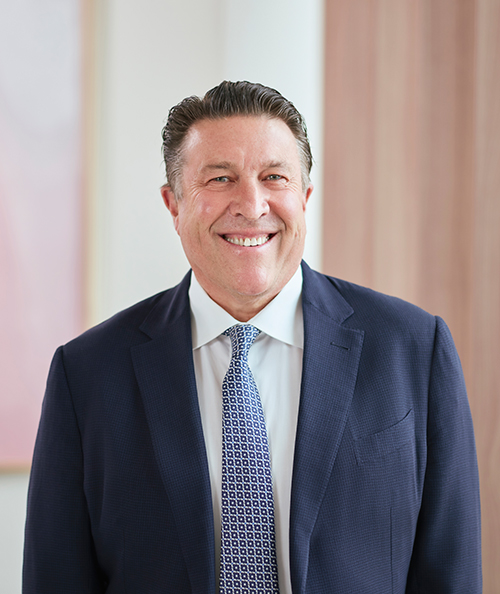Prof Gary Richardson OAM comments on rise of early onset cancer
09/07/2025

This week Four Corners explored the fact that cancer is no longer a “disease of aging” – that the cancer rates in Australians under the age of 50 are rising at an alarming pace.
The data supports what we’ve been seeing across Cabrini hospitals and research benches in the past few years. Early onset cancer is on the rise.
It’s a worrying trend, one evidenced in our very DNA, and one that will add increased pressure to our already stretched health system.
Using Cancer Australia data, the ABC is reporting that since 2000, early onset prostate cancer increased by 500 per cent in people between the ages of 30 and 39; by 150 per cent for people with liver cancer; and 138 per cent for uterine cancer. Ten cancer types recorded significant increases, and it’s not just because of better diagnostics, the experts say.
The reason for the rising incidence is multifactorial. Lifestyle factors play a big part, including increased obesity, poor diet, alcohol, and sedentary behaviour. Exposure to environmental carcinogens, such as pollution and food additives is also important.
Late last month, we shared results from a published research paper that investigated microplastics as a possible explanation for an increase in colorectal cancer in the under 50s. That is just one of many cancer trials and studies coming out of Cabrini Research.
The worrying trend is that many young patients are diagnosed at later stages due to lack of routine screening and misdiagnosis. Symptoms are often misattributed to benign conditions due to age. Screening guidelines are traditionally aimed at older adults. There is a growing push for personalised risk-based screening, especially for colorectal and breast cancer.
So, what do we do from here?
As we see this rise in cancer incidence, we’re increasing our investment in research, and in recent months, we opened our expanded Cabrini Cancer Institute (CCI) located at Cabrini Malvern. This expansion means we can grow our clinical trials capacity to accommodate more than 1000 patients annually and offer precision treatments for our patients through a Genomics Laboratory.
With cancer diagnoses growing year-on-year, we’re growing our hospitals, too. The proposed new east building at Cabrini Malvern will increase our overall capacity and allow for growth in oncology services to better support our patients’ journeys.
With the support of our incredible donor community, we’re fully committed to finding answers and offering hope to patients through clinical research, all while delivering exceptional patient experience and greater access to care.
As the only fully-integrated cancer service south of Melbourne’s CBD – and just one of two in Victoria – we don’t take this responsibility lightly.
The Four Corners investigation tells a worrying story, but it’s one that must be shared, and one that we all must continue to put our energies into so we can change the story’s ending.
Professor Gary Richardson OAM is an academic medical oncologist treating gynaecological, gastro-intestinal, breast and lung cancers at Cabrini Hospital in Malvern and Brighton, he is also Group Director of Cabrini Research.